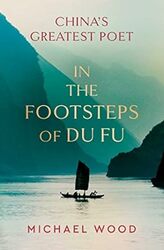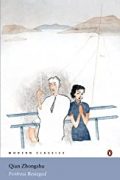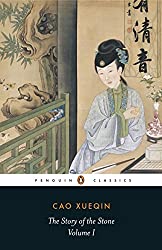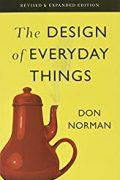
Rating: 8.1/10.
An introductory book to Du Fu, a poet who lived during the Tang Dynasty and is considered one of the greatest in China’s history. He was known as the ‘Poet Historian,’ with poems that chronicle many of the situations of poor people and daily life in an era full of warfare. The book takes the reader on a journey that follows the poet’s life.
Du Fu was born near Luoyang, and as a young man, he made his way to Chang’an, the capital of the Tang Dynasty during its peak of peace and prosperity. He tried to make his way in the world in the capital but failed the civil examination several times and worked as a low-level civil servant. However, the good times were over in the year 755 when the An Lushan Rebellion broke out, plunging the country into chaos and war. Du Fu was forced to flee the capital with his family. He was separated from his wife and family for some time, and eventually, they made their way to the west, across the mountains to Sichuan, enduring many hardships and cold winters, facing near starvation. It was during this time that many of his most memorable and famous poems were written, chronicling the hardships of the period faced by all the people after the wartime.
He settled in Chengdu for some time, finding shelter with an old friend. But after a few years, war came again, and his family was forced to flee Chengdu down the Yangtze River after the Tibetans invaded. He traveled through the area that is now under the Three Gorges Dam reservoir, and his poems reflect his health problems and melancholy nights in the region as he settled in Kuizhou. For unclear reasons, he left Kuizhou after a few more years, journeying down the Yangtze River once again. He fell ill and died somewhere near Changsha, where he was buried.
The book explains the context of many of Du Fu’s most famous poems, situating them within the historical context and the circumstances of the poet’s life. Contrary to the usual style of poetry at that time, many of his poems describe mundane events; for instance, his servants are sometimes named, and he describes how wars and taxation affect the people. He also writes about complaints regarding the cold, the lack of food, and how his hair is growing white—topics that are not often covered in Tang dynasty poetry. Many times, he also writes a short note in prose that explains the context preceding it; through his poetry, you can reconstruct a detailed story of his whole life, much like an autobiography. He was never really well recognized or wealthy during his lifetime; it was only some decades later that his work was recognized as that of a great poet. In the Song dynasty, he was firmly established as one of the greats, together with Li Bai. The book is fairly short and only contains his poems in English, but it serves as an easily understandable introduction to the topic, from which the reader can then explore further.



